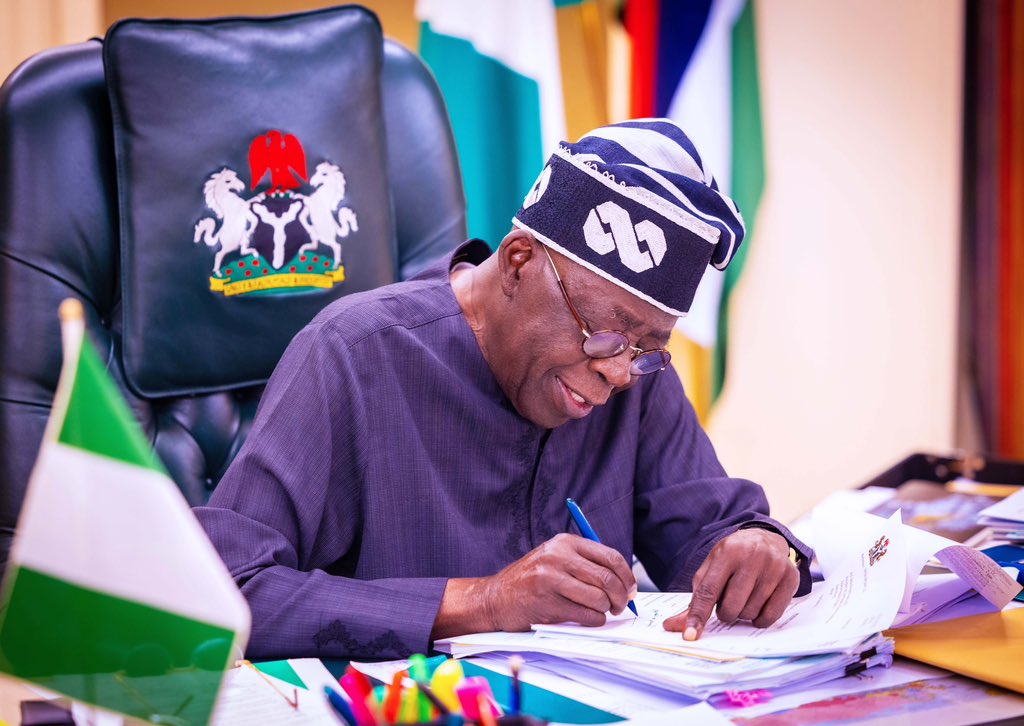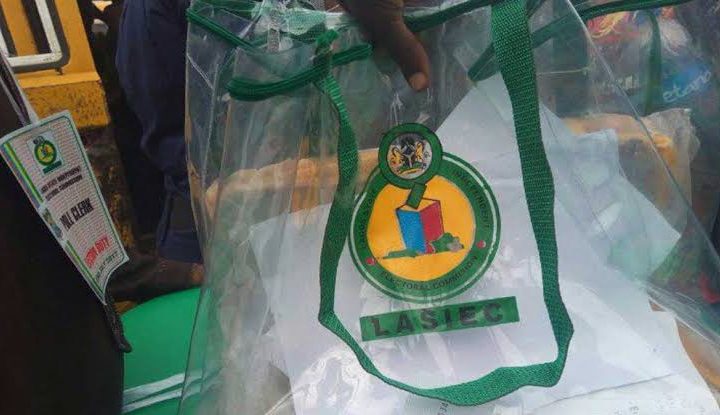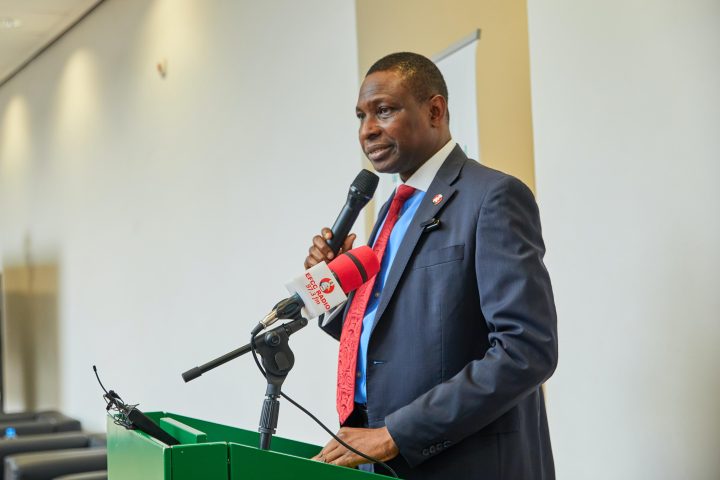The United States District Court for the District of Columbia has rejected an emergency application seeking the release of the confidential information that top US law enforcement agencies have on Nigeria’s President, Bola Ahmed Tinubu.
In June, an American, Aaron Greenspan, had filed a suit under the Freedom of Information Act (FOIA) against the Executive Office for United States Attorneys (EOUSA), Department of State, Federal Bureau of Investigation (FBI) Internal Revenue Service, Drug Enforcement Administration, and the Central Intelligence Agency (CIA) to hasten the release of Tinubu’s dossier.
Join our WhatsApp ChannelIn his complaint, Greenspan accused the law enforcement agencies of violating the FIOA by failing to release within the statutory time “documents relating to purported federal investigations into” President Tinubu and one Mueez Adegboyega Akande, who is now deceased.
According to him, the records being requested were from the Northern District of Illinois and/or Northern District of Indiana “involving charging decisions” against Messrs Tinubu and Akande.
READ ALSO: Supreme Court Adjourns Ruling On Obi, Atiku Case Against Tinubu
Court filings showed that the EOUSA denied Greenspan’s FOIA request “invoking FOIA Exemptions 6 and 7(c), which protect information that would constitute unwarranted invasions of personal privacy and information compiled for law enforcement purposes that may constitute an unwarranted invasion of the personal privacy of a third party.”
The Executive Office for United States Attorneys provides executive and administrative support for the 93 United States Attorneys all through the 50 states, the District of Columbia, Guam, the Marianas Islands, Puerto Rico, and the U. S. Virgin Islands. Such support includes legal education, administrative oversight, technical support, and the creation of uniform policies, among other responsibilities.
While refusing the request, the judge, Beryl Howell, said Greenspan did not meet the preconditions for granting his request and “failed even to attempt to argue how his request may overcome those exemptions and achieve a likelihood of success on the merits”.
The judge held that this failure to address this important factor in his Emergency Motion weighs strongly in favour of denying his motion.
Citing a plethora of cases to buttress the preconditions, Ms Howell pointed out that the onus is on Greenspan to prove “that irreparable injury is likely in the absence of an injunction,” “rather than a mere possibility.”
“Plaintiff falls far short of satisfying this standard. He has not supplied the court with any indication of a concrete, actual threat that he will suffer in the absence of an injunction. While his Emergency Motion states that a Nigerian Supreme Court hearing is scheduled to occur in the coming days, the plaintiff cites no injury he will suffer that is in any way traceable to the relief requested in this motion.”
The judge further explained that Greenspan’s request “…may be of a highly sensitive and private nature and that the subject of those documents, Bola A. Tinubu, has had no opportunity to protect his privacy interests in any such records.”
Therefore, “the balance of equities militates strongly in favor of denying this Emergency Motion,” Ms Howell said, adding that there was no need to consider Greenspan’s request for a hearing to “discuss even the most remote possibility of documents being produced before October 31, 2023 [sic] chosen by defendants for themselves”.
“For the foregoing reasons, it is hereby ORDERED that the plaintiff’s Emergency Motion for a Hearing to Compel Immediate Document Production, ECF No. 17 is DENIED. SO ORDERED,” the judge ruled.

















Follow Us